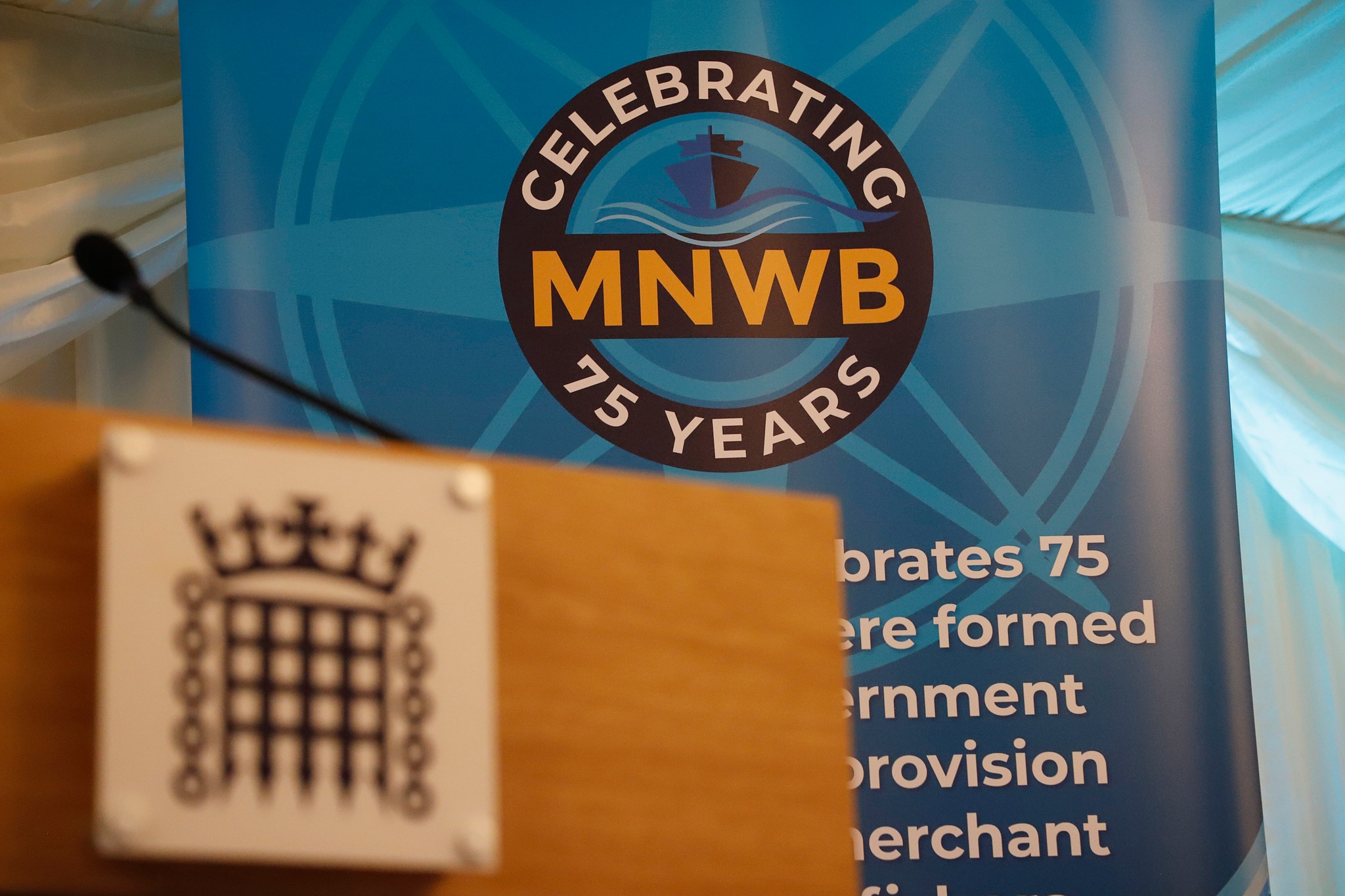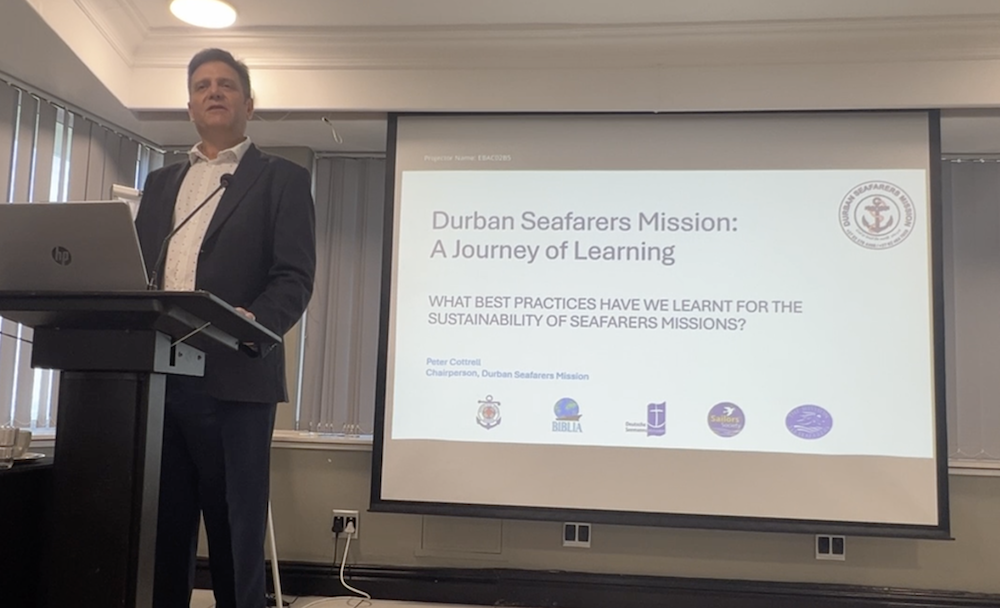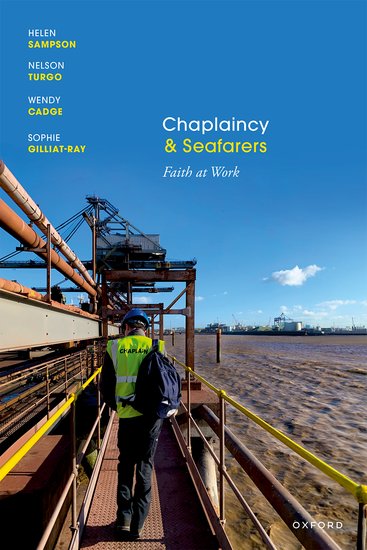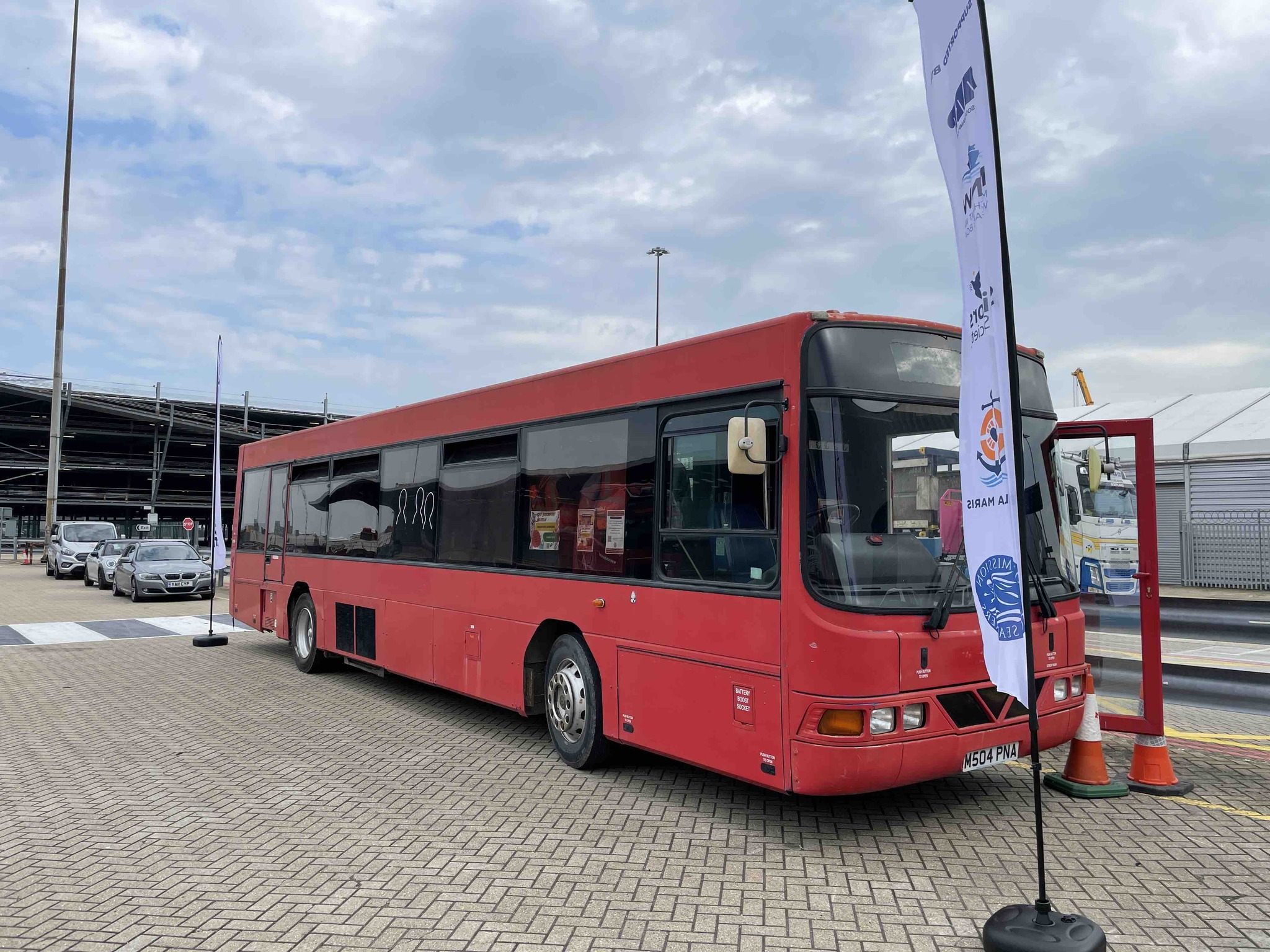- Ground-breaking research in port welfare report reveals only 8% of ports have voluntary levy schemes in place
- Charities expect to spend £4.8million on port welfare in 2023
- The MNWB has written to the Maritime Minister outlining reasons for a mandatory port levy scheme
- Welfare is a matter of the ‘heart not the pocket’ and a welfare levy would be a ‘game changer’ says MNWB CEO
The Merchant Navy Welfare Board (MNWB) is calling on the UK Government to introduce a mandatory port levy scheme across the UK to provide sustainable welfare provision for millions of seafarers.
The umbrella charity for the UK Merchant Navy and Fishing Fleets, which represents 43 constituent charities and provides support to seafarers, fishers and their dependants, has written to Maritime Minister Baroness Vere of Norbiton outlining the need for a new scheme.
In its letter to the Minister, the MNWB says a levy paid by ships visiting each UK port should be re-invested into the cost of providing long-term welfare support for seafarers.
With only 8% of ports having a voluntary levy scheme in place, this falls significantly short in funding crucial welfare services including seafarer centres, volunteers, transport and connectivity for seafarers and fishers.
The call comes following the publication of the Board’s UK Port Welfare Provision Report – carried out to establish the cost of welfare provision in UK ports.
The report was launched at the Board’s 75th anniversary event in Westminster (October 16), which was attended by parliamentarians, journalists, constituent members, MNWB ambassadors, Port Welfare Committee chairs and organisations from the wider maritime sector.
Research findings from the report show:
- Only 10 (Belfast, Bristol, Humber, Liverpool, Newport, Port Talbot, Seaham, Southampton, Tees and Tyne) of the 120 major and minor ports (8%) have voluntary levy schemes in place – eight of which are fixed amounts and two are tonnage based.
- Charities are expected to spend £4.8million on port welfare provision, providing 44 seafarer centres, 372 staff and volunteers, 77 vehicles for seafarer transport and 39 MiFi units for onboard connectivity.
- The voluntary levies in place represent just 3-4% of the total funds required to sustain existing welfare provision.
- 61% of major and minor ports do not have a seafarers’ centre.
- Only 35% of the workforce is paid, the rest is made up of volunteers.
Stuart Rivers, the Chief Executive of the MNWB, said:
“For 75 years, the MNWB has been at the forefront of working with maritime charities and organisations to ensure welfare services are available to all UK merchant seafarers and their dependents.
“Providing connectivity, transport and centres to millions of seafarers and fishers who spend months away from their friends and family is absolutely crucial to their welfare.
“But to continue this first-class support in the midst of charities facing increasing challenges to fundraising, a legislation of this kind whereby funding responsibility falls to those companies who employ seafarers, could save the welfare sector from crippling.
“Seafarers keep the global economy alive, and they are an asset to any shipowner. Let’s treat them as well as possible.
“Welfare is a matter of the heart, not the pocket.”
A number of other countries – Romania, Germany and New Zealand to name a few – have fully or majority funded schemes in place now. And dozens of other countries are working on levy schemes to provide sustainable funding for seafarers’ welfare.
Mr Rivers added: “The UK is currently falling behind. But a welfare levy of this kind is what the sector needs and would be a game changer for seafarers’ welfare in the UK.
“We want to drive welfare standards and demonstrate leadership in the global maritime industry.”
Read the report HERE





